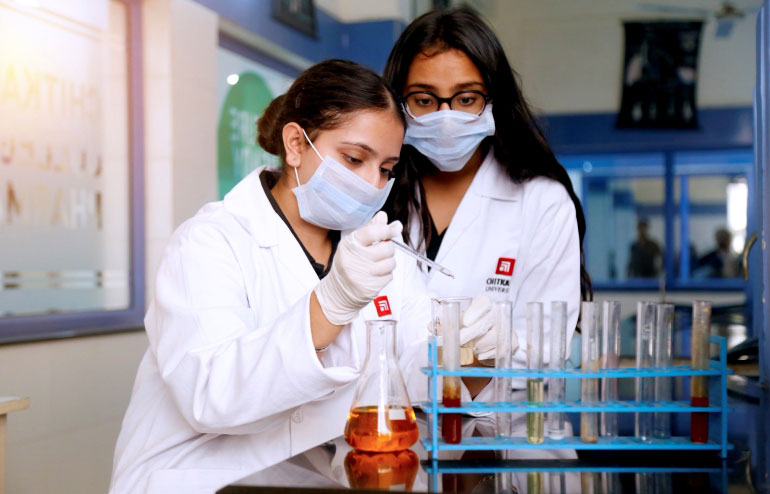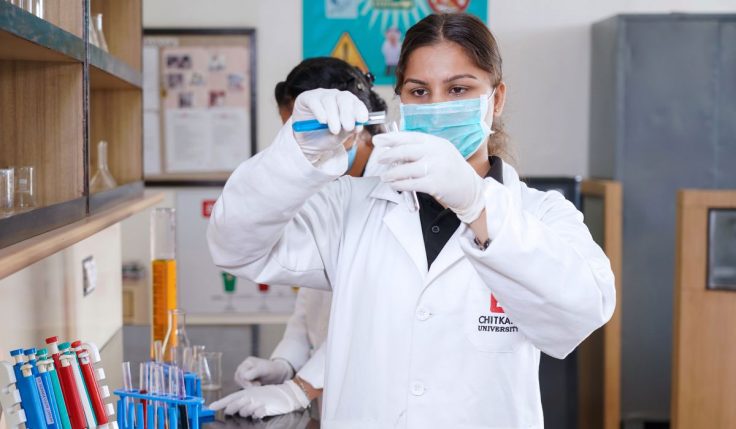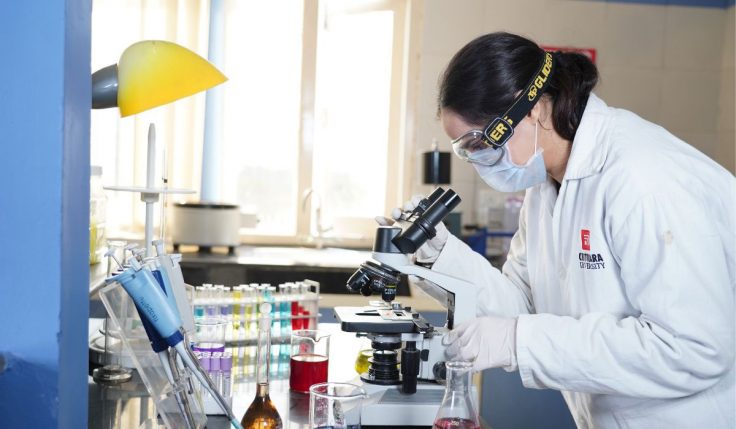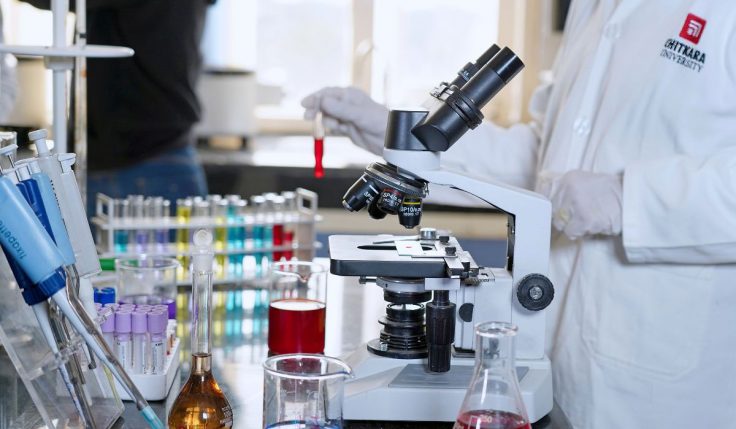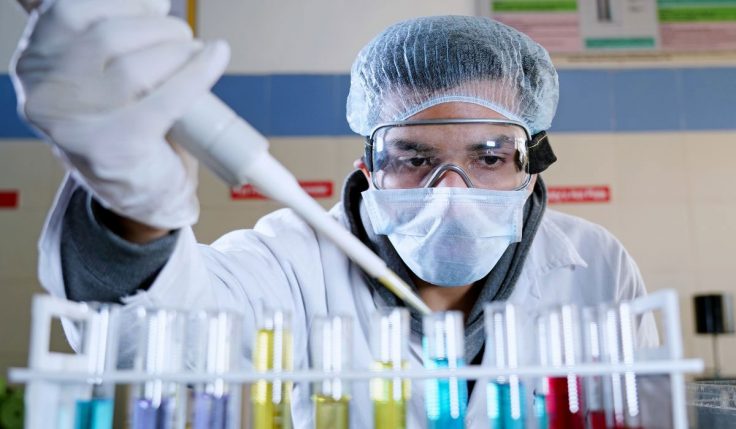PHARMACY is a diverse and dynamic profession that has evolved into a multi-disciplinary and multi-faceted field. With tremendous advancements in the healthcare industry around the globe, pharmacy professionals now have a plethora of options to explore. The general perception is that a pharmacist’s function is limited to purchasing and selling, yet this is far from the truth.
Pharmacists work in a variety of settings in the healthcare industry, taking up tasks such as research and development, manufacturing, quality control, packaging and quality assurance. They work in hospitals, community and retail pharmacies, as well as academic, regulatory affairs and clinical research settings. As pharmacists interact with patients and doctors in both public and private settings, pharmacy is both a product and a service. They are currently the world’s third largest healthcare conglomerate. In India, around eight lakh pharmacists operate in various capacities, utilising their particular knowledge and abilities, which are regularly updated to meet the needs of the healthcare industry.
The Indian pharmaceutical sector has acquired significant capacity in the complicated field of bulk drug and formulation manufacture during the last few decades, making India the epithet of “global pharmacy.” Around 70% of the country’s demand is satisfied domestically, with India’s pharmaceutical exports accounting for 30% of the total. Outside the United States, India has the most FDA-approved drug manufacturing facilities.
There are 270 large R & D based pharmaceutical companies and 5,600 smaller licensed manufacturers. India exports pharmaceuticals to over 200 nations with strict regulations. Pharmacists’ abilities and experience in several areas of manufacturing, testing, quality assurance, documentation and marketing are in high demand in the sector.
In spite of the pandemic, the Indian pharmaceutical industry stands firm and offers attractive options for qualified people. According to the Ministry of Commerce and Industry, the Indian pharmaceutical industry is likely to have 3.20 lakh employment opportunities. In the last few decades, pharmaceutical education has seen significant upgrades. While the first pharmacy college was established in Goa in 1932 there has been a tremendous rise in the establishment of new pharmacy institutes in the past few decades, reflecting a demand for the same.
The Pharmacy Council of India has issued an advisory to aspiring pharmacist students under the Pharmacy Act 1948, advising them to ensure that the institute they wish to attend has been approved by the Council and the list is available on the Council’s official website (www.pci.nic.in).
Pharmacy education consists of a hybrid of theory and practical courses and assessments, as well as rigorous industrial or hospital training for varied lengths of time, depending on the course chosen. The following are the four basic disciplines that are taught in India across all accredited institutions:
D. Pharm
A student who has registered as a D. Pharm can be employed as a Registered Pharmacist in a community pharmacy, medical store, or hospital. It is the minimum qualification to practice pharmacy and is therefore mandatory for dispensing all medications under supervision in a medical store or hospital.
B. Pharm
According to present Indian curricula, B.Pharm is the basic degree that prepares graduates to work in the pharmaceutical industry. It includes theoretical education as well as practical training in laboratories, paving the way for future recruitment. A pharmacist holding this degree is also eligible to practice in a hospital.
M. Pharm
B. Pharm candidate is eligible to do an M. Pharm and needs to select one of the 10 specializations offered by all accredited institutions. There is an emphasis on new drug research in this degree and candidates holding an M. Pharm have an edge over others for R & D openings in pharmaceutical companies.
Pharm D
Pharm D is a six-year course after Plus Two and includes 3 years of clinical and community-based theory with ward rounds and a one-year internship in hospitals.
The redefinition of pharmacy courses and curriculum in India is in line with healthcare standards across the globe. This optimizes the pharmacist’s role in healthcare. In the era of pervasive and increasing information, pharmacists will be able to provide trustworthy information to both patients and physicians. Pharmacy graduates can consider venturing into other countries for even more challenging and lucrative opportunities.
Indian education prepares them to move to greener pastures and meet new challenges. There are multiple research and job prospects for these graduates in developed countries, and pharmacy is a lucrative career path not only in developed countries but also in India, if we look closely at the industry dynamics.
Pay scales are higher for those who are more qualified and hired by larger businesses. It’s also easier to transfer to multinationals after getting expertise in India than it is to hunt for jobs abroad as a fresh graduate. In some countries, you may be required to get local certification to practice as a pharmacist or get employment in a qualified position. In addition, the traditional route of establishing a private pharmaceutical firm remains attractive. Obtaining a licence, making sound investments, and providing superior services, just like any other business, can ensure a high revenue and long-term stability.
